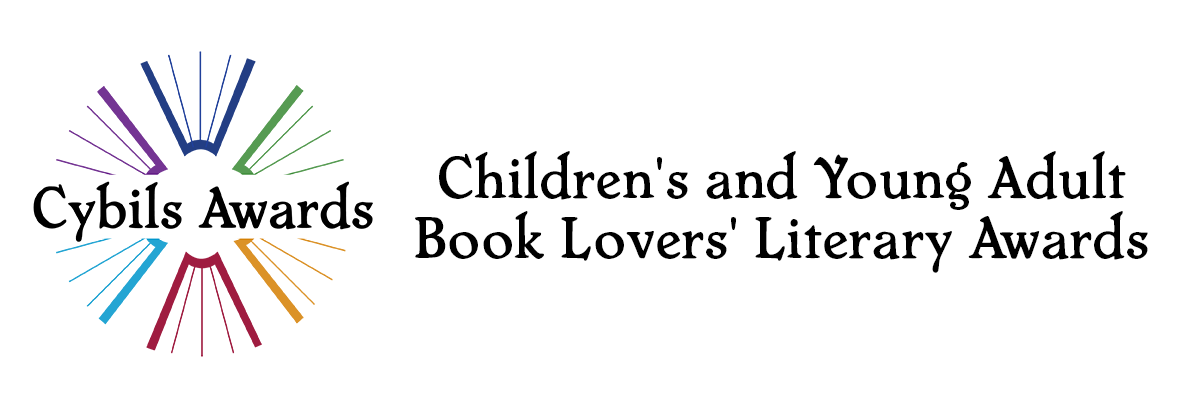It has been brought to our attention that one of our finalists, Baby Monkey, Private Eye, has racial representation issues. Significantly, anthropomorphized monkeys have been used throughout United States history as a tool of white supremacy, to demean and dehumanize African-Americans and justify slavery, Jim Crow, and continued racial injustices.
While we are sure that Baby Monkey, Private Eye was not intended in this vein, unfortunately the depiction of the monkey and some of the images used evoke these stereotypes and racialized images. We don’t believe that Brian Selznick and David Serlin had any racist intent; I’m sure that to them, a monkey is just a monkey. However, even if there is no explicit tie between the images of Baby Monkey and African-Americans, studies show that white people make the association even when they aren’t consciously aware of the stereotype.
So the potential for negative impact is real. For white people it could add to the subconscious psychological soup that causes us to make that mental connection. And it may be a cause of trauma for black people aware of the racial history.
Because of this, The Cybils Awards has made the decision to remove Baby Monkey, Private Eye from our shortlist of finalists. Many people love the book, and we respect that. But we think it’s important to listen to voices from marginalized communities when they speak up and say that harm is being done. And so we cannot give this book our endorsement.
We want to make it clear that we don’t question the judgement of the Easy Readers judges or Category Chair, or blame them in any way. Our passionate, dedicated, and hardworking judges worked with an honest commitment to diversity, as we all do throughout the Cybils. The panel actively considered diversity in making its selections. Of the six finalists in this category, the only two which have human characters are I Want to Be a Doctor, which features an African-American family, and The Perfect Gift, featuring a Chinese-American family.
It’s clear, however, that we have a systemic problem. Although we have attempted for some years to be conscious of diversity in selecting judges, our efforts have fallen short, and most of our our judges continue to be white. And while judging panels are charged to consider diversity in making their selections, we don’t give clear guidelines on how to do that, and so we are relying on mostly white judges who may not even be aware of potential issues. Our leadership also is predominantly white.
We are committed to addressing these issues, so during the off-season, we will be establishing a task force to study and make recommendations for changes going forward. Out of this effort we hope to develop concrete plans for increasing diversity among judges and leadership, and a diversity audit for judges to use as a guide when evaluating books.
The work we do here at the Cybils Awards, and throughout the wider children’s literature community, is important work. We are helping to select the books that will influence children’s worldview. Through that work, we have the opportunity to do great good and help to improve our society. In recent years, particularly since the advent of the We Need Diverse Books movement, many of us have worked to improve representation in children’s books. But even when we work with the best of intentions, we sometimes make mistakes. When we make mistakes, it’s important to be able to acknowledge them, and to work to address them. And so we acknowledge our mistake, and have set forward concrete steps to address the issues.
Further reading:
Studies Expose ‘Apelike’ Stereotype Among Whites
The Coon Caricature: Blacks as Monkeys
Comparing Black People To Monkeys Has A Long, Dark Simian History
